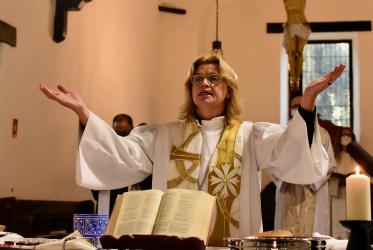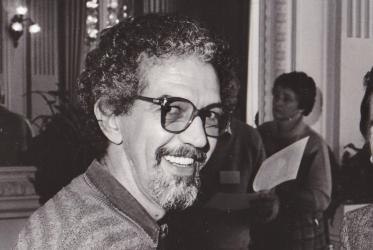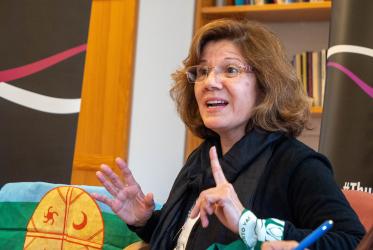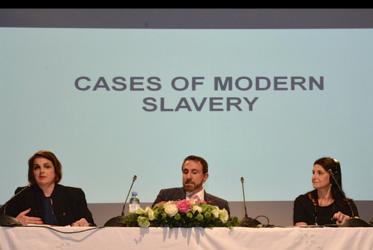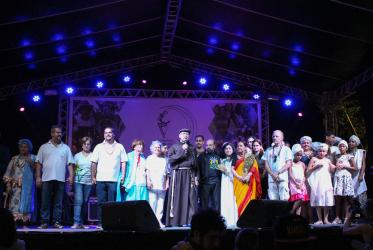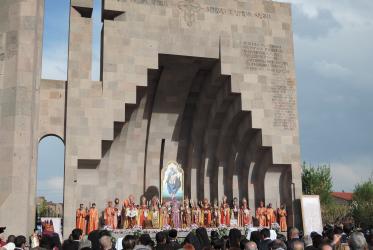Displaying 1 - 20 of 26
15 February 2024
In Chile, “Churches’ ministry of reconciliation is key”
29 November 2022
“Women must keep resisting,” urges Chilean theologian
10 March 2020
Forum on modern slavery convenes in Argentina
17 May 2018
Colombia peace accord brings both joy and concern
19 August 2016
Churches embrace Olympic refugee team, other athletes
18 August 2016
WCC calls for protection of church leaders in Colombia
30 January 2015


